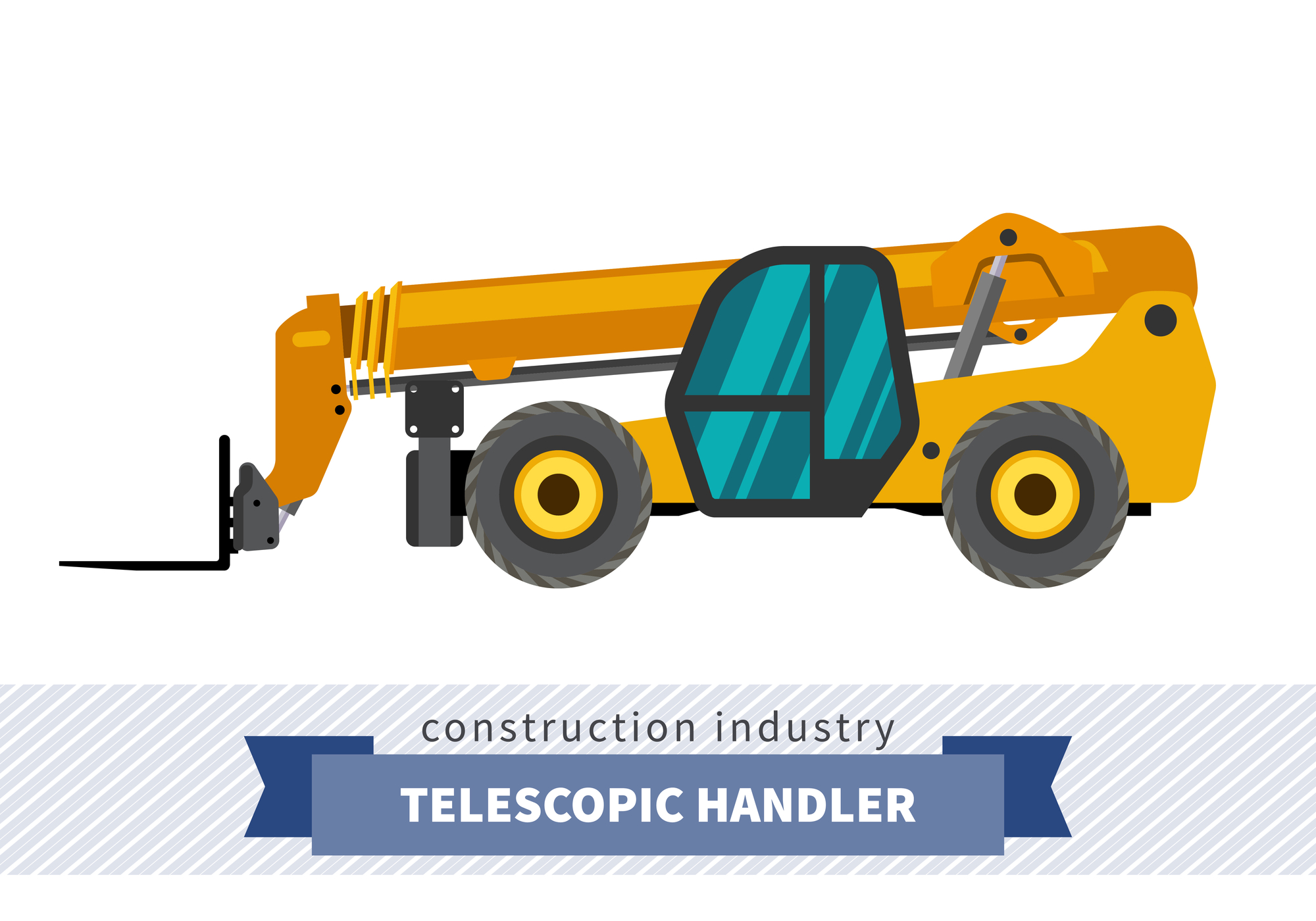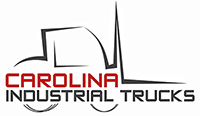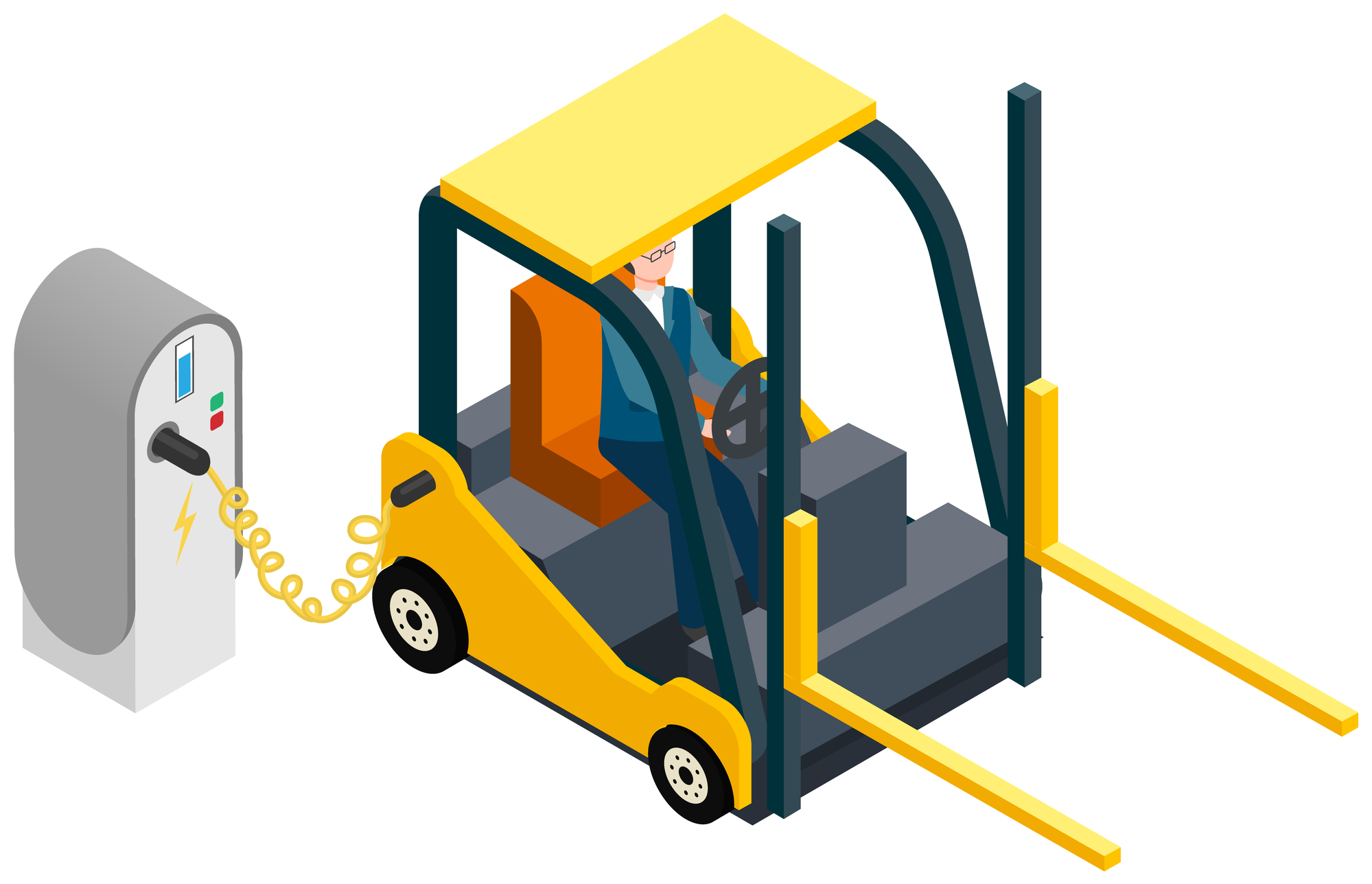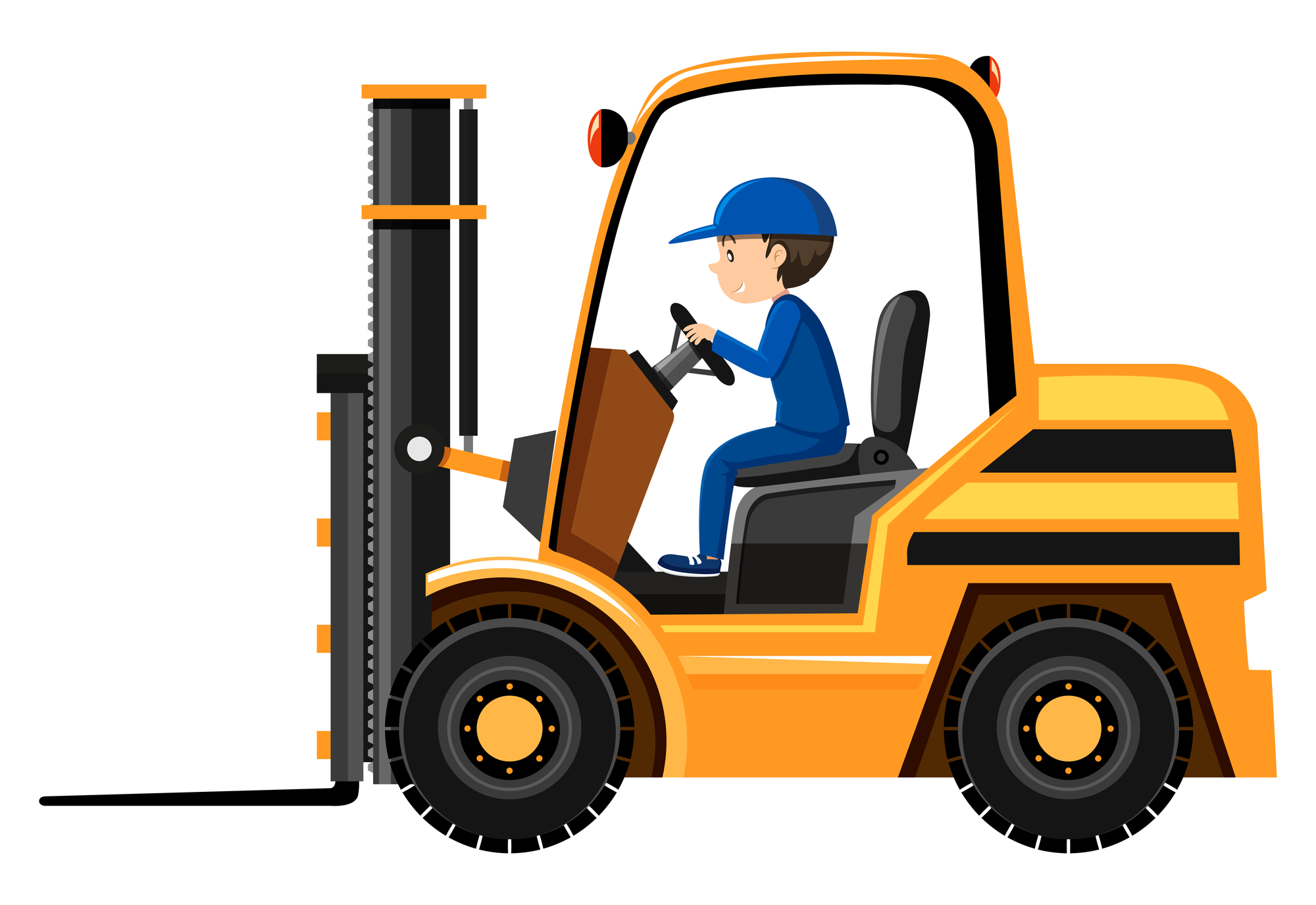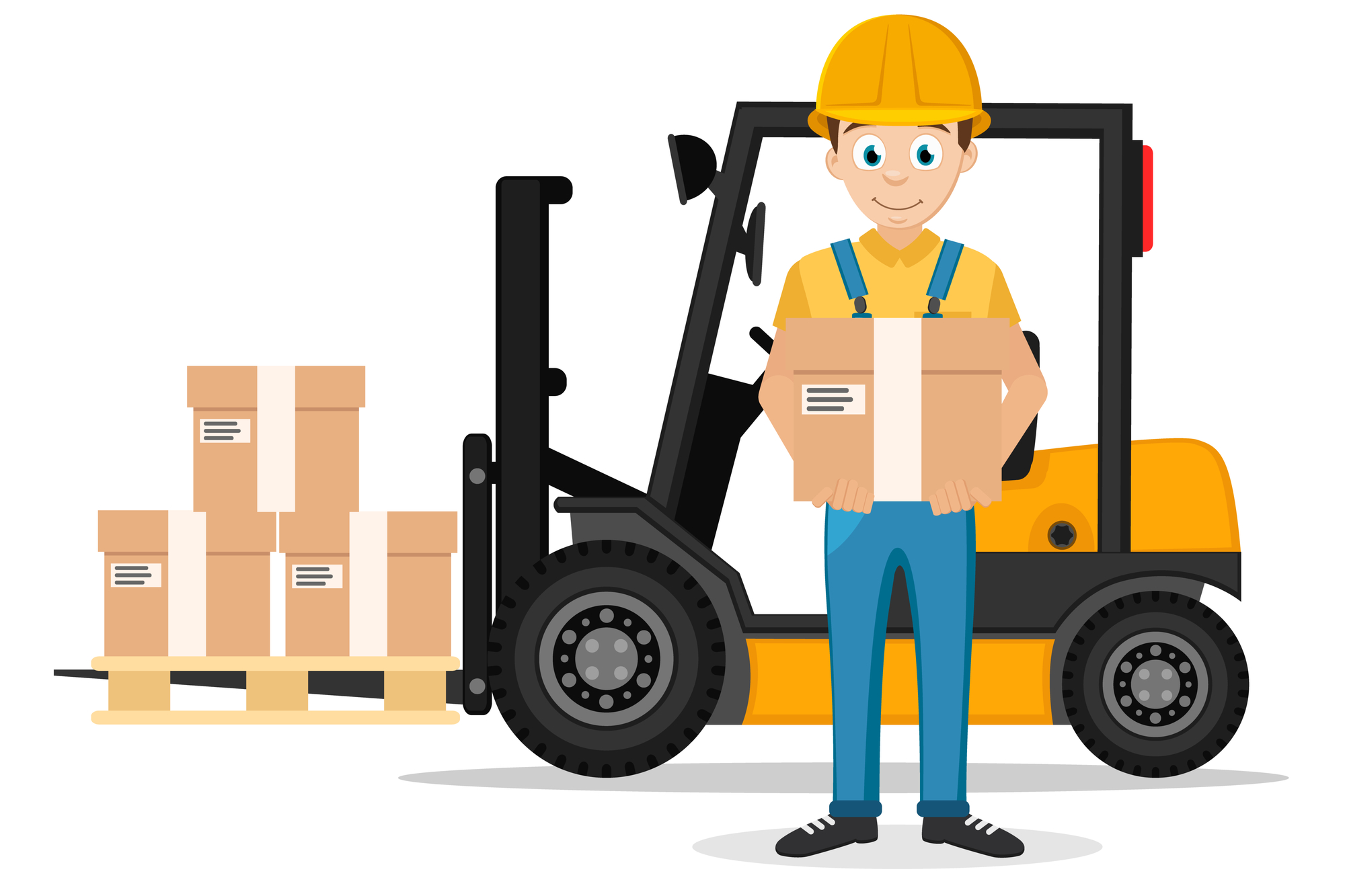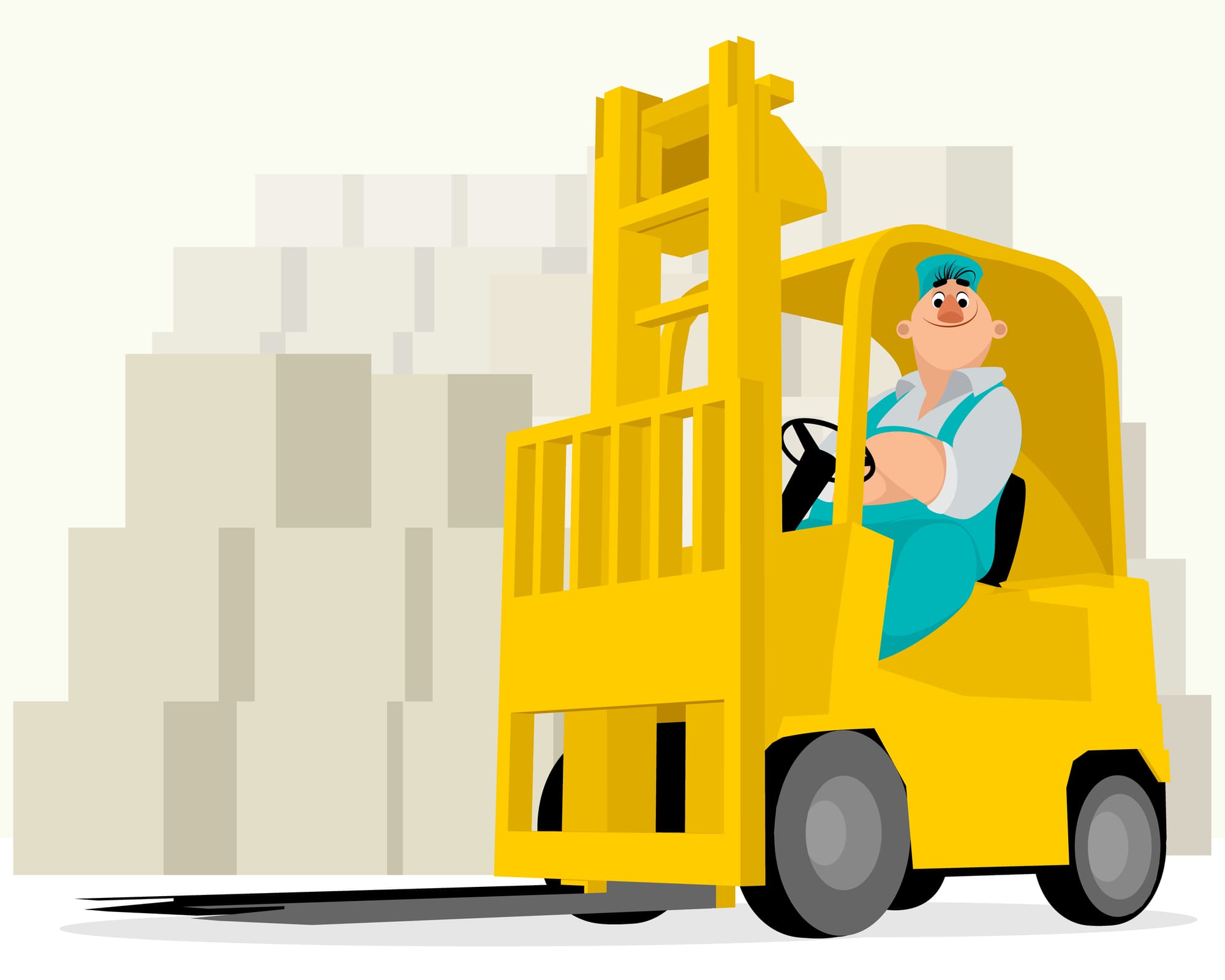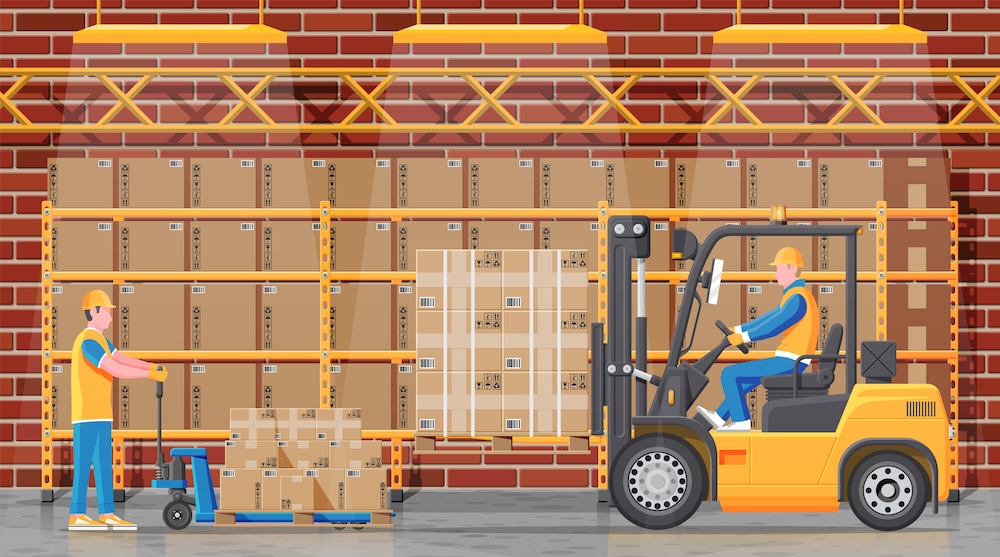What to Look for in an All-Terrain Forklift
04/28/2020
CITrucks
Do you need to add an additional rough terrain forklift to your fleet? Here's what you should look for in an all-terrain forklift before buying one.
Also known as a telehandler, the all-terrain forklift is like a regular warehouse forklift on steroids.
Simply put, rough terrain forklifts can handle just about anything you throw at 'em. They're built to operate on rough, uneven land, and in every other type of weather condition you could imagine.
Rough terrain forklifts are also the largest members of the forklift family. They can be found at port loading docks, recycling facilities, industrial operations of every sort, and on farms large and small.
When it comes to these large forklifts, the truth is they're just more versatile than types of lifts. So, if you're in the market to buy one, there's a lot to look for in the newest addition to your forklift fleet.
The All-Terrain Forklift: A Comprehensive Buying Guide
Rough terrain forklifts come with a number of features that enhance their usefulness as a handling machine.
As their name suggests, these forklifts are equipped to navigate the most challenging of terrain types. This means that top-grade models come with powerful transmissions capable of handling quick shifts in direction, so the lift can easily maneuver over the roughest ground.
The off-road forklift also has large, custom tires to provide excellent traction on loose or rocky soil, and usually a four-wheel drive to ensure the lift can get to wherever it needs to go.
It's important to decide which of the three types of all terrain forklift is best suited to your needs. These three types include the traditional telehandler, the rotating telehandler, and the straight mast forklift. Let's take a closer look at these three species of rough terrain forklift:
Telehandler
The standard telehandler, or telescopic handler, is a pretty capable and rugged vehicle.
Compact telehandlers are capable of lifting their rated weight capacity up to 18 feet, and high-reach telehandlers can do them one better by lifting their rated weight capacity to a height of up to 56 feet. The load capacities of these lifts typically range from 5,000-12,000 pounds—which means you can lift just about anything.
Telescopic handlers also come equipped with all-wheel steering and other steering features, so the vehicle can maneuver with ease in the work area.
Rotating Telehandler
The rotating telescopic handler is much like the standard telehandler—save that it takes the whole maneuverability thing to the next level.
The rotating telehandler achieves this by possessing a 360-degree rotational ambit, which allows the forklift to operate across a wide radius from a single position. They are somewhat smaller than the standard, fixed-cab variety, and their load capacity is 4,000-10,000 pounds.
Rotating telehandlers from the top brands also typically come with power steering and four-wheel drive for better traction and greater safety of operation.
Straight Mast Forklift
The straight mast variant is a small rough terrain forklift that looks more like the typical warehouse-type forklift. They come with all-terrain pneumatic tires, and two-wheel or four-wheel drive systems.
The straight mast forklift is usually loaded on the back of a flatbed truck for the loading or unloading of building materials at construction and job sites with a variety of terrain types.
Finding the Right Dealer
When looking for a rough terrain forklift for sale, finding a good dealer is probably your most important consideration.
The right dealer will help you to find the right forklift for your needs, and they'll support you after purchase with servicing and maintenance agreements. This is particularly important, since all terrain forklifts—by their very nature—take a serious beating throughout their lifetime and will certainly need to be maintained frequently.
So, a few things you should look for in a forklift dealer. Do they have a numerous crew of service technicians? Do they carry a regularly filled stock of parts for forklift repair? Do they offer a service level agreement (SLA)?
Forks
A forklift's forks are its points of contact with the world. They're the feature that will suffer the most wear and damage, and they'll indicate how the lift was used and whether it was cared for.
Pay especial attention to the forks, looking for cracks, twisting, and other evidence of heavy damage. Rough terrain forklifts are often used on construction sites and other areas where there's going to be a lot of abuse. So, make sure the forks are in good working order.
Tires
Go ahead and kick the tires. Make sure they're not worn down, with missing or eroded treads.
Mast
Inspect the forklift's mast or arm for structural integrity. Check out the lift chains or rollers to see their condition and look for welding repairs.
Engine Operation
Start up the forklift and take it out for a test drive.
See how the machine operates and test it out with a load if possible. See if the mast lifts and lowers smoothly, and check for leaks of hydraulic fluid from the hoses.
Find the Right Forklift for You
Buying an all-terrain forklift is a big deal. It's a major investment, and with proper lifetime maintenance, it'll be with you for a long time.
Questions on purchasing a rough terrain forklift? Contact us at Carolina Industrial Trucks, and we'll be happy to answer all your questions.
